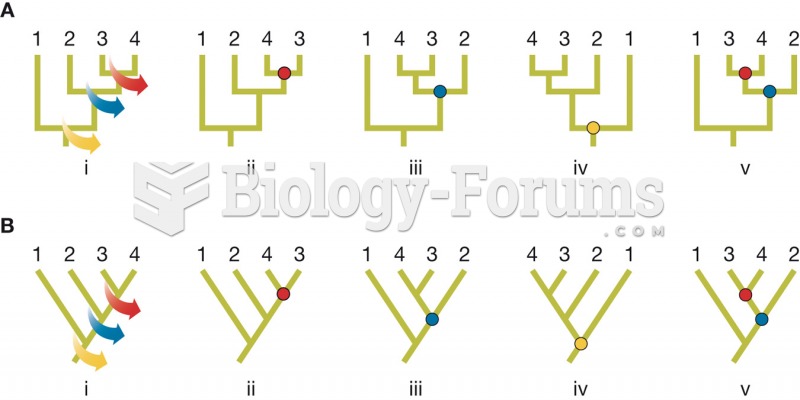The Gardeners' property adjoined the Jones' property and the Gardeners planted citrus trees along what they thought was the boundary line. The trees were planted in 1980. In 2004, the Jones decided to sell their property and a survey revealed the citrus trees were on their property, not the Gardeners. The Gardeners' trees were three feet into the Jones' property. The prescriptive period in their state is 25 years.
A) The Gardeners now own the extra three feet.
B) The Jones still own the extra three feet.
C) The wall was a mistake and the Gardeners can gain no right from it.
D) None of the above
Question 2
Miriam issued two checks. The first check was made payable to her neighbor for a used car that the neighbor sold to Miriam. The second check was a rent payment to Miriam's landlord for the current month's rent. The car was purchased on the basis of the neighbor's written assurance that the car had only 38,000 miles of use. After Miriam took possession of the car, Miriam's mechanic checked the vehicle and substantiated that the odometer had been turned back. The car had actually been used for 79,000 miles. Miriam stopped payment on the check and offered to return the car. Meanwhile, the neighbor had purchased a computer and had negotiated Miriam's check to the vendor in payment. Discouraged by the problems with the car, Miriam decided to take a vacation. She issued a written stop payment to her bank on the rent check because she intended to use this money for the vacation. Although the drawee bank had ample time to act, it made an error and paid the rent check instead of stopping payment. Two lawsuits resulted. In the first, the vendor of the computer sued Miriam on the check. In the second, Miriam sued her bank for paying over her timely stop payment order. Decide both cases.







